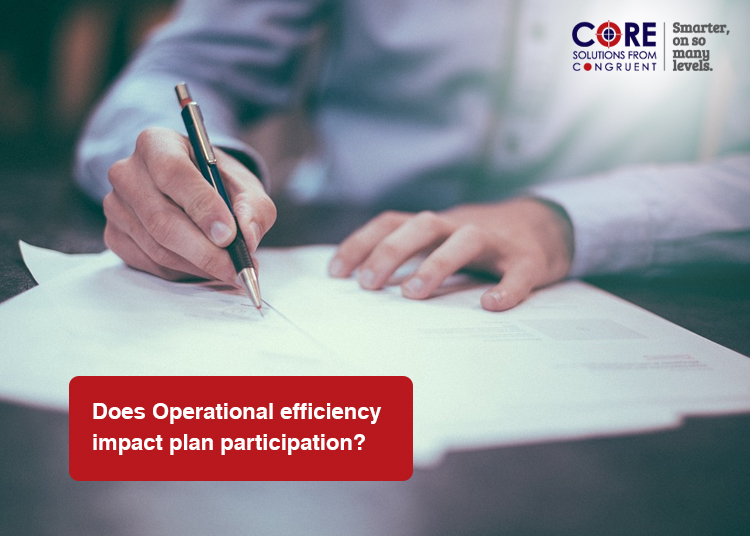
Employees these days are cognizant about the importance of retirement savings and appreciate the assistance from their employers. They want a financially secure life at the end of their careers.
State Street Global Advisors recently conducted a survey on people considered as millennials and Generation X. The survey findings suggest that 87% people agree that it is important to save early and 83% agree that saving is their priority.
But when it comes to financial literacy, only 50% of the population were adequate, and the rest required assistance on saving steadily and wisely.
So how can plan sponsor help?
Plan sponsors need to understand their participant needs and educate them on the importance of contributing and the importance of starting early. Using cash-outs for non-emergency spending is a worrisome trend seen in the millennials of late. In addition, they don’t regret their decision as well. This leads to leakage of plan assets.
Financial literacy boosts confidence. Greater financial literacy correlates with better decisions, lower withdrawal rate and greater plan balances. Sponsors need to devise strategies around engaging the employees and help improving financial literacy, by:
1. Providing an interface to participants for self-enrollment.
2. Enable them to make investment elections conveniently.
3. Frequent and focused communication with the participants helping them to improve financial literacy.
4. Providing retirement income solutions specific to the participants.
5. Using analytics to show the projections of their retirement readiness after X years i.e. retirement gap.
User experience plays a key role in engaging participants and operational efficiency impacts user experience.
Operational efficiency of plan administration is one of the key factors in providing a better user experience. Errors get introduced in several stages of plan administration like eligibility, transaction processing, enrollment etc. Communicating the errors to the plan participants may seem an easy task, but it can have severe implications. To list a few:
1. It impacts quality, which, in turn could lead to financial penalties.
2. It results in poor customer experience. Repeated errors can erode participant confidence.
3. It could lead to plan asset leakage.
4. It can impact plan participation.
5. It could lead to plan disqualification if the errors are not addressed properly.
A few fundamental points that can help plan administrators to achieve operational efficiency and enhance user experience are:
1. Robust validation process to ensure error free processing.
2. Automating the plan administration process to avoid human errors.
3. Easy rollover processes by eliminating barriers present in the rollover process. This will prevent plan leakage. People change jobs very frequently these days and many participants cash out their retirement money because of the complex rollover process.
4. Ease at the participant end to transfer their assets to other investment options, thereby enhancing user experience along with efficiency.
If the plan sponsors and administrators are able to improve the operational efficiency, it will definitely lead to an incremental difference in the plan assets. This will not only reduce plan leakage, but also lead to increased plan participation.
